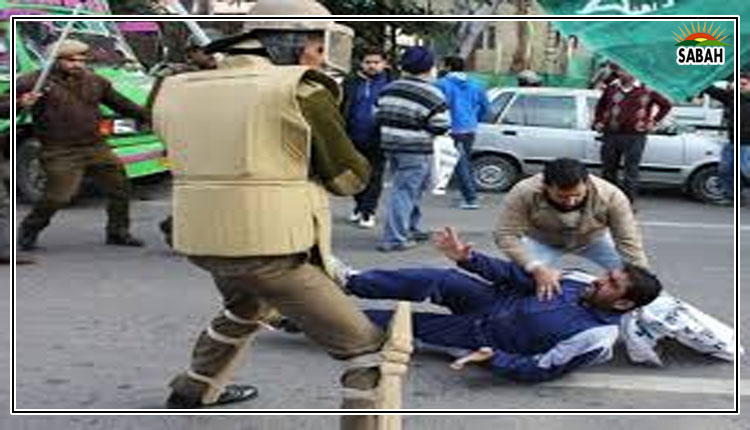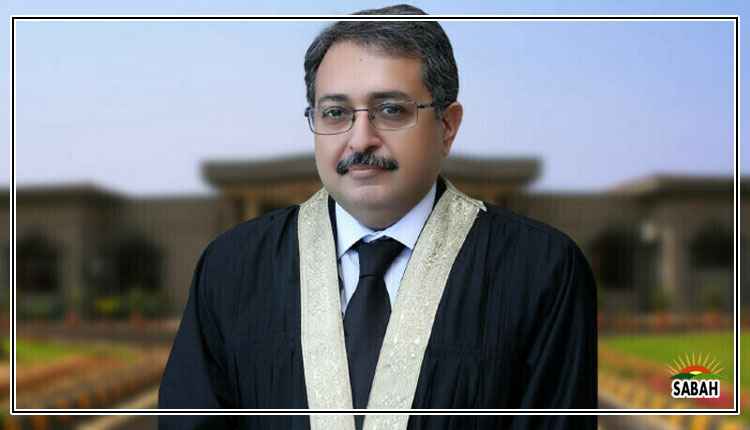IHC CJ Aamer Farooq reserves its judgment on petition filed by PTI chairman against cipher case trial in Attock jail
ISLAMABAD, Sep 12 (SABAH): The Islamabad High Court (IHC) Chief Justice Aamer Farooq on Tuesday reserved its verdict on a petition filed by the Pakistan Tehreek-e-Insaf Chairman Imran Khan against the hearing of the cipher case in Attock jail where he has been imprisoned since being sentence in the Toshakhana case.
Sher Afzal Khan Marwat – the counsel for petitioner – argued under which law and authority the law ministry had shifted the court to the District Jail Attock and that how a case pertaining to Islamabad could be transferred to Punjab.
According to Marwat, only the Supreme Court enjoyed the authority to order transfer of cases to any other province and that the chief secretary or the chief commissioner does not have such powers.
The counsel contended that the judge hearing the matter should have been consulted even if it was necessary. But the trial court wasn’t involved in the matter, he added.
Marwat claimed that changing the location for hearing the case was a result of mala fide intentions with the only purpose of keeping the PTI chairman in Attock jail.
The reasoning behind issuing the notification had not been shared so far, he informed Islamabad High Court (IHC) Chief Justice Aamer Farooq who was hearing the matter.
While completing his arguments, Marwat contended that the trial of any civilian under the Official Secrets Act had to be held by a special court.
In his arguments, Additional Attorney General Munawwar Iqbal Duggal said the petition stood infructuous as the notification was a one-time exercise and the law ministry had required powers for that.
He said the court was transferred to Attock jail on Aug 30 as the law ministry [through the notification] issued a no-objection certificate (NOC) about changing the place of hearing.
As both sides presented their arguments and counterarguments, the chief justice remarked it had to be determined who had the powers to issue notification as another one could surface in future, as he reserved judgment on the matter.












